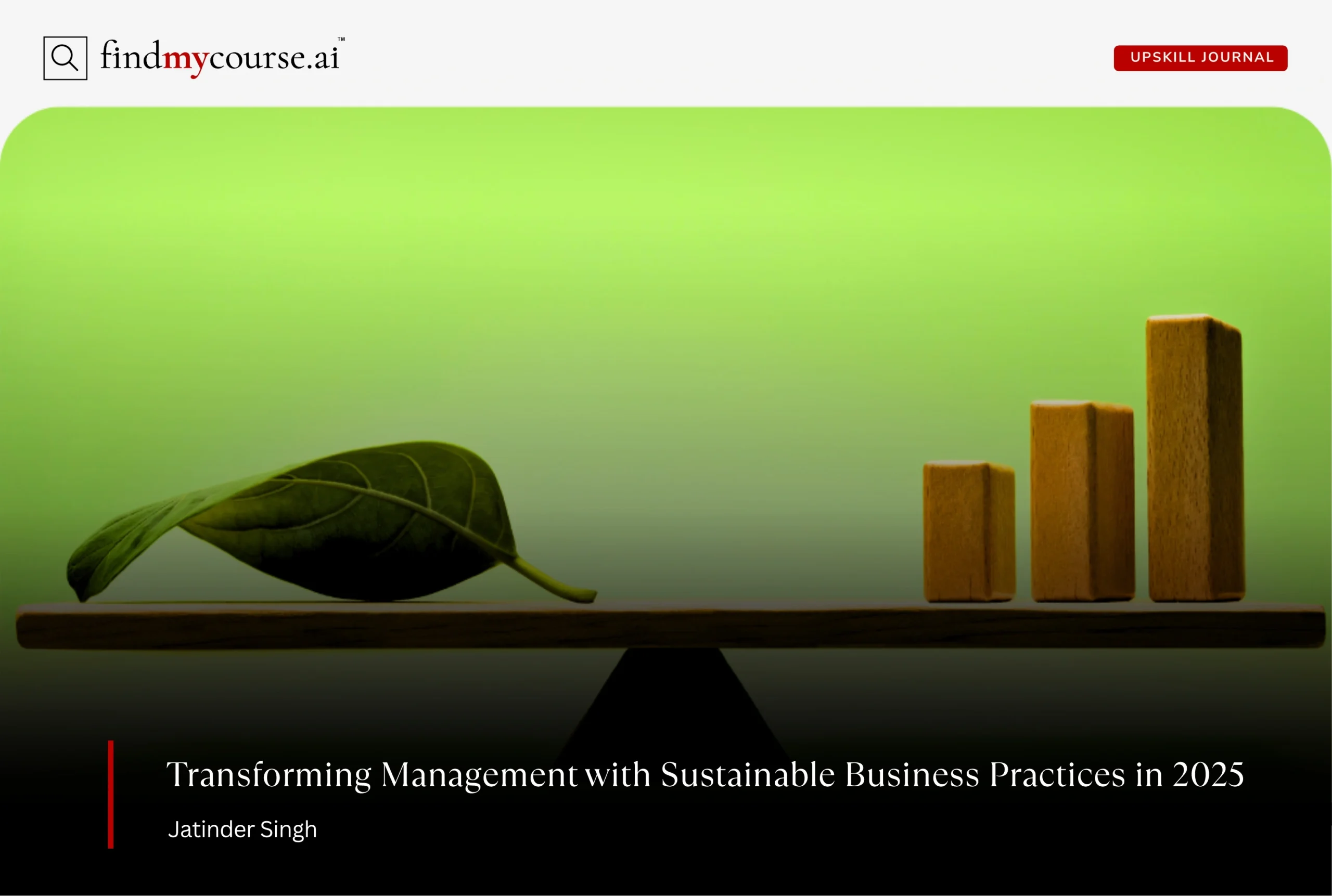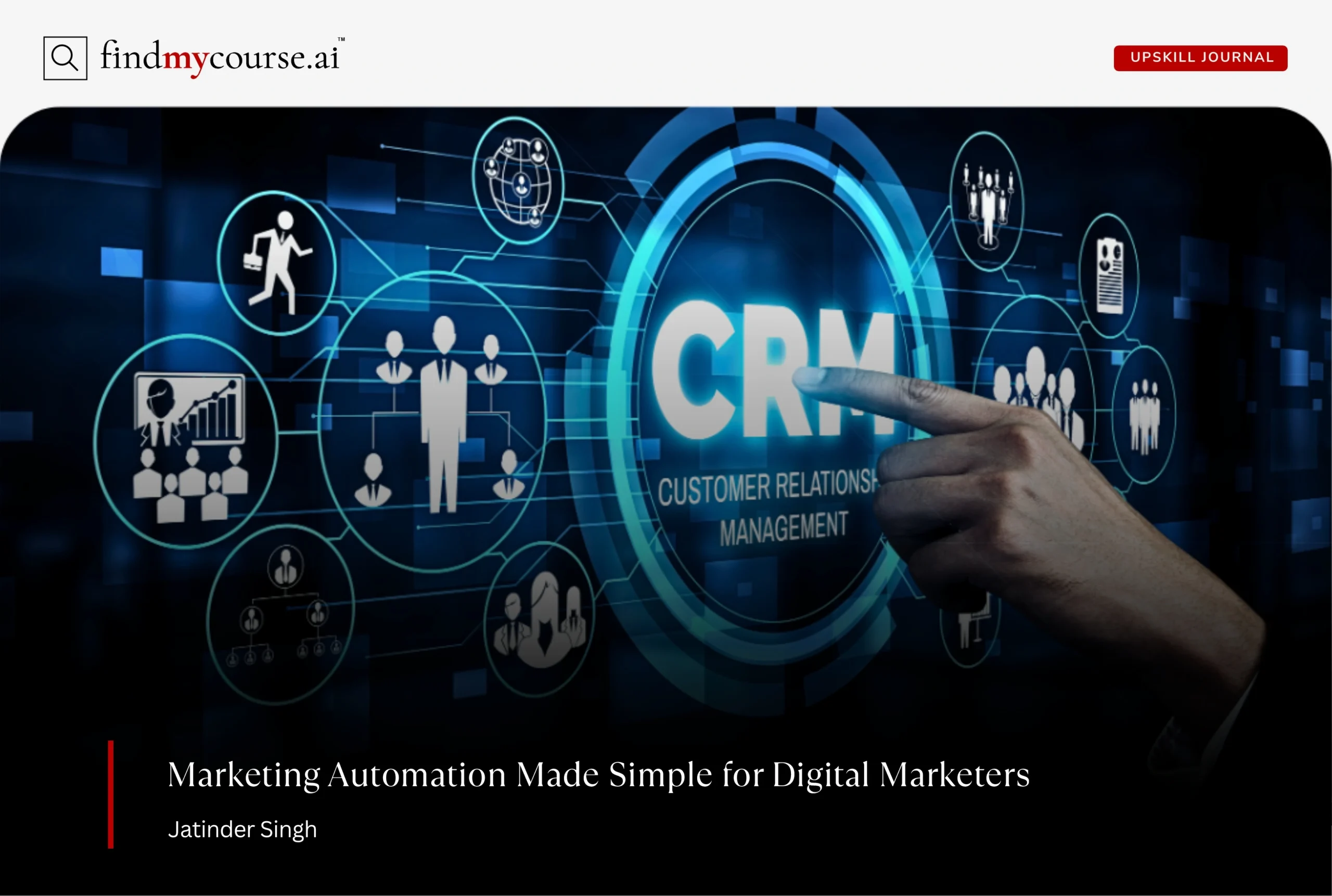In 2026, the business landscape is undergoing a profound transformation. Sustainable business practices have evolved from being a mere trend to becoming a fundamental aspect of corporate strategy. Companies are increasingly recognizing that long-term success is intertwined with environmental stewardship, social responsibility, and ethical governance. This paradigm shift is not just about compliance but about creating value that resonates with consumers, investors, and employees alike. Moreover, professionals who invest in upskilling and learning about sustainability are positioning themselves for a competitive edge in the modern workforce.
What Are Sustainable Business Practices?
Sustainable business practices are strategies that balance environmental, social, and economic goals. They go beyond compliance, aiming to reduce negative impacts such as pollution, resource depletion, and social inequality while supporting long-term business success. In practice, this can include using energy-efficient technologies, sourcing materials ethically, reducing waste, and engaging with communities.
In 2026, sustainability is central to effective management. Leaders embed it into decision-making, operations, and corporate culture, ensuring growth and responsibility go hand in hand. These practices also drive innovation: by seeking eco-friendly solutions, businesses discover efficiencies, new products, and competitive advantages. Ultimately, sustainable business practices create value for stakeholders, enhance brand reputation, and future-proof organizations in a world where ethical and environmentally conscious operations are increasingly expected.
The Strategic Importance of Sustainability in Management
Integrating sustainability into business management is no longer optional; it’s imperative. Companies that adopt sustainable practices often experience enhanced brand loyalty, improved operational efficiency, and better risk management. For instance, firms that prioritize renewable energy sources and waste reduction not only contribute positively to the environment but also realize significant cost savings and operational efficiencies.
Furthermore, consumers and investors are increasingly favoring companies that demonstrate a genuine commitment to sustainability. This shift is driven by a growing awareness of environmental issues and a desire to support businesses aligned with personal and societal values. Consequently, organizations that embed sustainability into their core operations are better positioned to attract and retain both customers and investors.
Key Sustainable Business Practices in 2026
As businesses face increasing environmental and social pressures, adopting sustainable practices is essential for long-term success. In 2026, leading companies are implementing innovative strategies that balance profitability with responsibility. Here are five key areas driving sustainability in management:
1. Embracing the Circular Economy
The circular economy is about designing products and processes that minimize waste and maximize resource efficiency. Instead of the traditional “take-make-dispose” model, businesses are rethinking product life cycles to encourage reuse, recycling, and repair. For example, companies in fashion, electronics, and consumer goods are introducing take-back programs, refurbishing products, and redesigning items for durability. By extending product lifespans, businesses reduce environmental impact and create new opportunities for customer engagement and revenue.
2. Decarbonizing Operations
Reducing carbon emissions has become a core priority. Companies are investing in renewable energy, modernizing production processes, and implementing energy-efficient technologies. Transitioning to solar, wind, or other renewable electricity sources not only lowers the carbon footprint but also reduces long-term energy costs. Beyond energy, firms are exploring low-carbon transportation, green logistics, and carbon-neutral certifications to ensure their operations align with global climate targets.
3. Transparent ESG Reporting
Environmental, Social, and Governance (ESG) reporting has become a cornerstone of corporate accountability. Transparent reporting allows investors, regulators, and consumers to evaluate a company’s ethical practices and environmental impact. By adopting standardized ESG frameworks, companies demonstrate commitment to sustainability, build trust, and create a culture of continuous improvement. Clear reporting also helps businesses identify risks and opportunities, informing strategic decisions that drive both profitability and responsibility.
4. Sustainable Supply Chain Management
Sustainability extends beyond a company’s walls. Businesses are increasingly collaborating with suppliers that adhere to ethical labor practices, reduce environmental harm, and follow sustainable sourcing standards. This approach ensures that sustainability is embedded across the entire supply chain—from raw materials to product delivery. Companies that prioritize responsible sourcing protect their brand reputation, reduce regulatory risks, and contribute to global social and environmental well-being.
5. Leveraging Technology for Sustainability
Technology is a powerful enabler of sustainable business practices. Artificial intelligence, data analytics, and automation allow companies to optimize resource use, reduce waste, and enhance decision-making. For instance, predictive energy management systems can forecast consumption patterns, enabling more efficient energy use. Advanced software can track carbon emissions, monitor supply chain sustainability, and even guide product redesign to minimize environmental impact. By integrating technology, businesses not only improve efficiency but also gain a strategic advantage in the sustainability-driven market of 2026.
The Role of Leadership in Driving Sustainability
Effective leadership is crucial in embedding sustainability into the fabric of an organization. Leaders must champion sustainable initiatives, allocate resources strategically, and foster a culture that prioritizes long-term environmental and social goals over short-term gains. This commitment from the top ensures that sustainability becomes a core organizational value rather than a peripheral concern.
Moreover, leaders should invest in upskilling their workforce to equip employees with the knowledge and skills necessary to implement sustainable practices. Continuous learning and professional development in areas such as sustainable supply chain management, renewable energy technologies, and ESG reporting are essential for maintaining a competitive edge in a rapidly evolving business landscape.
Measuring Success: Key Performance Indicators (KPIs)
To assess the effectiveness of sustainable business practices, companies should establish clear KPIs aligned with their sustainability goals. These metrics may include:
- Carbon Footprint Reduction: Tracking greenhouse gas emissions and setting measurable reduction targets.
- Energy Efficiency Improvements: Monitoring energy consumption and implementing strategies to lower usage.
- Waste Reduction: Measuring the amount of waste generated and increasing recycling and reuse rates.
- Employee Engagement in Sustainability Initiatives: Evaluating employee participation in sustainability programs.
- Sustainable Product Development: Tracking the proportion of products designed with sustainability principles in mind.
Regularly reviewing these KPIs enables businesses to make informed decisions, adjust strategies, and demonstrate their commitment to sustainability to stakeholders.
Conclusion
Sustainable business practices have become integral to effective management in 2026. By adopting strategies such as the circular economy, decarbonizing operations, ESG reporting, and responsible supply chain management, companies can meaningfully reduce environmental impact, foster social responsibility, and strengthen long-term resilience.
Equally important is measuring progress through clear KPIs and empowering employees through continuous learning. When sustainability is embedded in decision-making and organizational culture, it encourages innovation, operational efficiency, and stronger stakeholder trust.
Ultimately, embracing sustainable business practices is about creating a balance where growth and responsibility coexist. Companies that take deliberate, measurable steps today are not only contributing to a healthier planet but are also building organizations that can thrive in an increasingly conscientious world.


